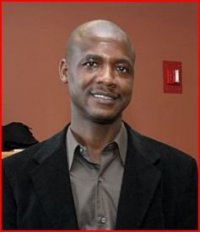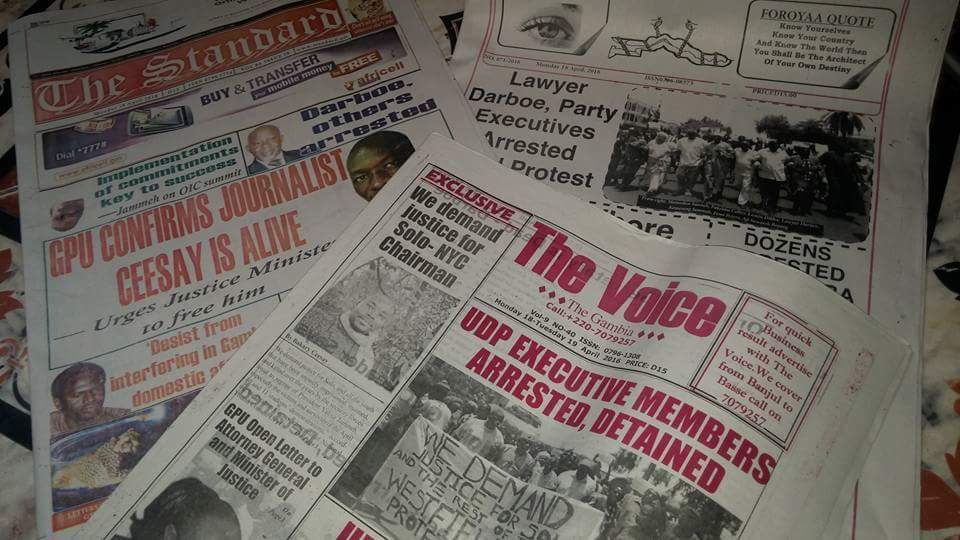
“If all mankind minus one, were of one opinion, and one, and only one person was of the contrary opinion, mankind would be no more justified in silencing that one person, than he, if he had the power, would be justified in silencing mankind.” – John Stuart Mill, On Liberty (1867, p10)
John Stuart Mill is one of the most famous philosophers and political economists from the 19th century. In the above quote, Mill is saying that everybody should be allowed to say their opinion, even if nobody else agrees with them. This is commonly referred to as “free speech”.
The idea of free speech sparks a lot of disagreement and debate. Most people say they support free speech, but in practice most people want the government to restrict or regulate some speech that they think is unfair, dangerous, or offensive.
One of my very favorite ideas in political philosophy is John Stuart Mill’s ‘marketplace of ideas’ (though he didn’t phrase it this way himself): that the free, open, and vigorous exchange of ideas in the public square does more to further human knowledge than anything else. But not only has his comprehensive and to my mind, correct defense of free speech in his great work On Liberty had an immense and beneficial influence on the history and theory of human rights, he was admirable in myriad other ways as well:
Liberalism used to be about freedom, especially freedom of speech and freedom of opinion. Everyone was entitled to their own opinion, no matter how acceptable or offensive, and everyone had the right to challenge every opinion. This, as John Stuart Mill pointed out, created a marketplace of ideas where ideas could be challenged, discredited, vindicated, or even improved.
Now, the left seems to be less about freedom and more about social orthodoxy. From silencing opponents on any hot-button issues, or forcing conformity to majority opinion, anyone who dares to dissent from the new way of doing things is either silenced, or ridiculed. Strangely, the logical merits of the case are never discussed – only the character of the dissenter is attacked.
So now, in the place of diversity of opinion, we have group-think. In the place of skepticism, we have orthodoxy, and in the place of place of dissent, we have heresy.
There is no room for modern day book burning in an intelligent world. Free speech in all forms is the cornerstone of a free society and we must allow all points of view to be heard. As John Stuart Mill said in the 1800s, “The fatal tendency of mankind to leave off thinking about a thing when it is no longer doubtful is the cause of half their errors.”
What do you think? Should the government prevent people from saying some things, or let people say whatever they think? If you think the government should restrict speech, what sorts of words or ideas do you think should be banned?
“It’s true that free speech has limits.
While the right to free speech isn’t absolute, Harvard Professor Pinker writes, it is “essential to democracy” and to our ability to discover more about the world we live in. It should, therefore, “be abrogated only in carefully circumscribed cases.”
We carve out exceptions for fraud, libel, extortion, divulging military secrets, and incitement to imminent lawless action. But these exceptions must be strictly delineated and individually justified; they are not an excuse to treat speech as one fungible good among many. Despots in so-called ‘democratic republics’ routinely jail their opponents on charges of treason, libel, and inciting lawlessness. Britain’s lax libel laws have been used to silence critics of political figures, business oligarchs, Holocaust deniers, and medical quacks.
Even Oliver Wendell Holmes’s famous exception to free speech— falsely shouting ‘Fire!’ in a crowded theater — is easily abused, not least by Holmes himself. He coined the meme in a 1919 Supreme Court case that upheld the conviction of a man who distributed leaflets encouraging men to resist the draft during World War I, a clear expression of opinion in a democracy.
Steven Pinker on the importance of free speech:
“How can you have a collective delusion overtaking an entire society? And it looks like one of the answers is that if dissenters are punished and can anticipate they’re going to be punished, then you might have a situation where no one believes something, but everyone else believes that everyone else believes it. Therefore no one is willing to be the little boy that says the emperor is naked. And this ‘pluralistic ignorance’ as it’s sometimes called is easily implemented when you have the punishing or censoring of unpopular views
By Alagi Yorro Jallow
The author is founder and former managing editor of The Independent, the Gambia’s only private newspaper before it was banned by the government in 2005. He was a Reagan-Fascell Democracy Fellow at the National Endowment for Democracy, a 2007 Nieman fellow and is the author of Delayed Democracy: How Press Freedom Collapsed in Gambia published in 2013.






Why does Yorro think “Government” all the time?
He should read Adam Smith;
Smith believed the Government had only a key role to play in Defence; Education;and Law;
and trusted in the natural ability of the person to create independance, social mobility and build commercial structures and wealth and business models; communities and families/and profit from his labour.
When governments are entrusted with what the person should, speak ; think; and do. The person’s natural ability from birth to survive in comfort is significantly impaired.
Adam Smith believed in NO trade tariffs, No borders, No limits to freedom.
When you look at the excesses of Government and its ability to build weapons of mass destruction and use them/ including nuclear weapons, Sarin gas and and barrel bombs/ landmines/ and bi-pass its own lawful limitations/ to destroy its own people, then we must ask would the world be better off without governments?
John Lennon’s song “imagine” was an indication of a child yet to be born in a totally free world of No religion No countries and No boundaries. No Heaven, No Hell.
“Nothing to live or die for, a brotherhood of Man”
I regret to say Governments have killed more people than any other natural cause. An eye for an eye has left the whole world blind.
I could not agree with you more Mike…but sad will take divine intervention before this ever comes about..in meantime…
Human error; Should read ” Nothing to Kill or Die for”
Sounds good to me ;
WE should construct a “Summer of Love” in Tehran.
Not a summer of death in Mosul and Damascus.
“Give love a chance”
Eva/ The first step starts with ;
as Mohammed Ali said Me We.
Adam & Eva ;;;;;